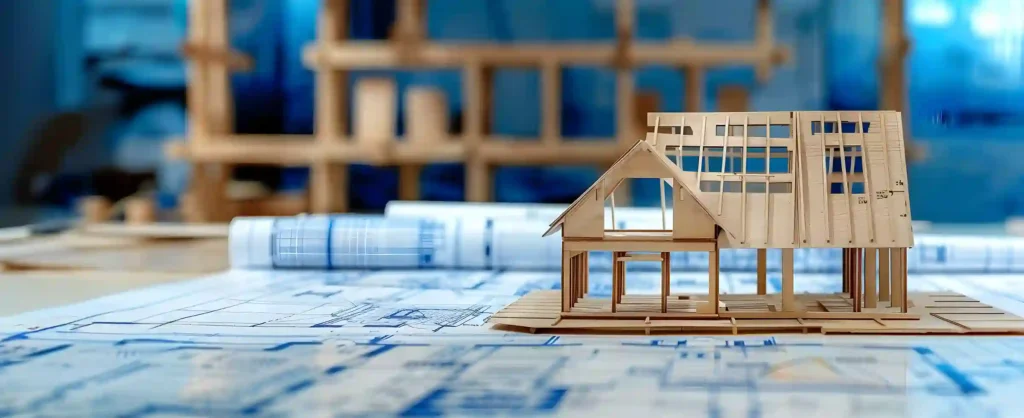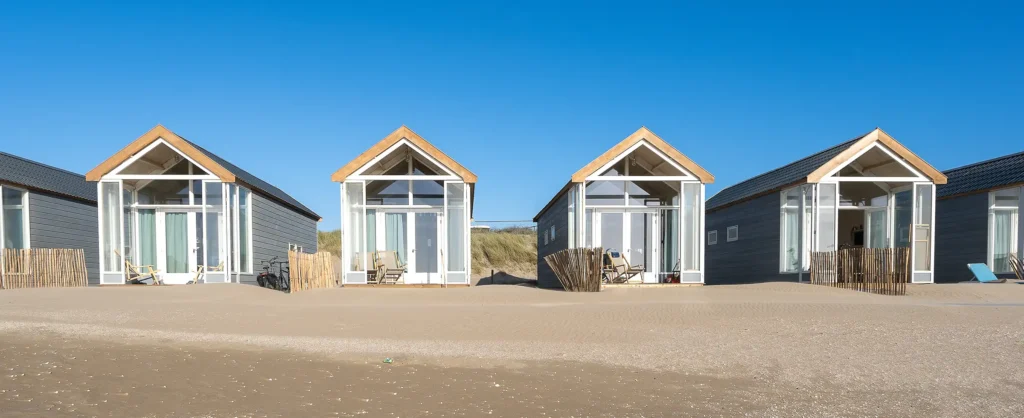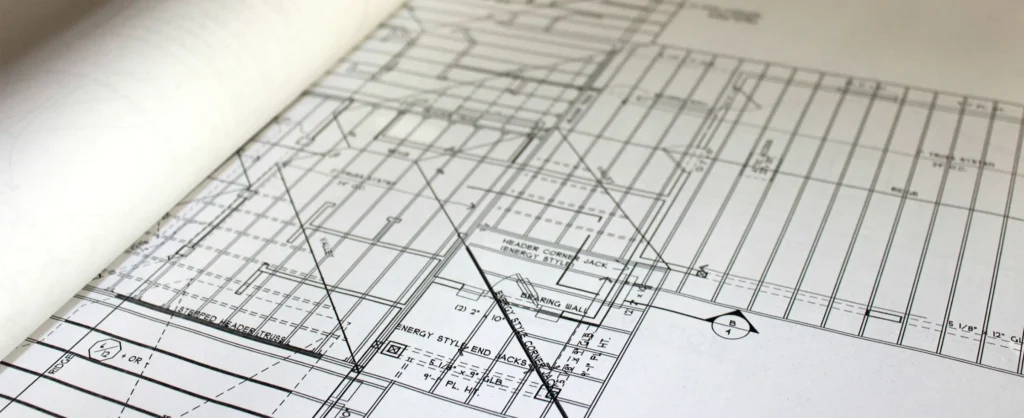With its commitment to achieving Net Zero by 2050, sustainability is high-up on the agenda of the UK’s leaders and policymakers. According to research by the Chartered Institute of Building (CIOB), approximately 40% of carbon emissions stem from the construction, operation and maintenance of buildings. As such, sustainable housing development has been an essential component of the UK’s Net Zero strategy. Could a growing segment of socially impactful property investors be the catalyst in realising the full potential of sustainable housing? And, if so, what kind of returns could those investors see as Labour gears up to pursue its 1.5 million new home target?
Profit, Passion, Preparation: Why Invest in Sustainable Housing?
Ethical investment and ESG principles have become staples of modern investment strategy for a reason, and the spread of sustainable housing construction is arguably a reflection of that. Individual and institutional investors increasingly align their financial goals with socially impactful assets to yield consistent returns while creating a foundation for future socioeconomic growth within the private and public sectors.
Although there is no ‘one size fits all’ solution for defining sustainable housing, it can generally be thought of as any home that prioritises sustainability either at the manufacturing level or in day-to-day operation. The Royal Institution of Chartered Surveyors (RICS) defines sustainable housing as housing that uses new building strategies like modular construction, emerging technologies and/or renewable energy sources to stay cost-effective and eco-friendly.
According to research from the UK Sustainable Investment and Finance Association (UKSIF), the UK housing market is currently at risk of missing out on £31 billion in private investment capital by not prioritising sustainable housebuilding. At present, only 15% of UK real estate companies acknowledge the UK as one of the top markets for sustainable investments. Added private and public sector investment in sustainable housing could not only push the UK towards being a major provider of affordable and sustainable housing but also heavily contribute to the country’s Net Zero mission.
Sustainable housing does not necessarily mean a compromise on profitability either, as research by professional service firm JLL suggests that greener homes attract higher prices averaging at over 20% more than traditional homes. This finding is reinforced by a Knight Frank survey of homebuyers in which 86% of respondents considered the energy efficiency of homes an important factor in their purchasing decision. A further 31% stated that they would prefer a greener home and would be willing to pay more for one if required. The fact that green homes typically cost less to run day-to-day due to higher EPC ratings also makes them a viable choice for landlords, making them a highly prudent investment in today’s increasingly conscientious global marketplace.
Modular Construction: The Key to Sustainability?
In November 2022, a press release by the UN Environment Programme (UNEP) revealed that carbon emissions from buildings and constructions reached a new global high, forecasting that the sector would not be capable of decarbonising by 2050. Among UNEP’s recommendations for reducing carbon emissions within the construction sector is an investment in capacity-building and supply chains that promote energy-efficient, low-carbon designs and sustainable construction.
While traditional housebuilding can be adjusted to accommodate these recommendations, there is a base level of carbon output associated with on-site construction. Whereas operational carbon refers to the carbon emissions stemming from the operation of a building, embodied carbon – as outlined by the UK Green Building Council – refers to the remaining carbon emissions stemming from the material extraction and manufacture, construction, maintenance, refurbishment and even the demotion of a building. While traditional housebuilding, therefore, invites a higher rate of embodied carbon emissions, alternative methods like modular construction can significantly reduce carbon output from the global built environment by eliminating or streamlining all of the processes outlined above. This can result in significantly more sustainable housing.
A report by professional services firm McKinsey & Company explored the value of modular construction in speeding and improving the efficiency of housebuilding. Key observations from this report include:
- A 20% reduction in construction cost, with additional potential gains seen in full-life costs
- The potential for modular construction to introduce annual savings of up to $22 billion within the construction industry
- Evidence of modular construction accelerating the timeline of construction projects by 20 to 50%
Additionally, modular construction can reduce construction waste by up to 52%, setting a precedent for its ability to support more sustainable building practices in the UK housing market with wider implementation.
Sustainability and Modular Construction with Concept Capital Group
At Concept Capital Group, we emphasise the importance of social impact and ESG in driving our investment strategy and better defining the products we offer to our clients. As tangible real asset investment specialists, we use alternative assets like modular homes to offer greater scope for diversification and wealth management without compromising on the consistency and profit that makes property investment so appealing.
Built off-site under controlled factory conditions, our modular homes benefit from our use of sustainable materials, cost-effective construction practices and low-carbon distribution methods. Beyond these manufacturing-level improvements to traditional housebuilding, all our homes meet leading standards of energy efficiency and insulation, ensuring that both embodied and operational carbon output are as green as possible.
To explore our commitment to sustainability, ethical investment and social impact in more detail, book a call with our team today.













